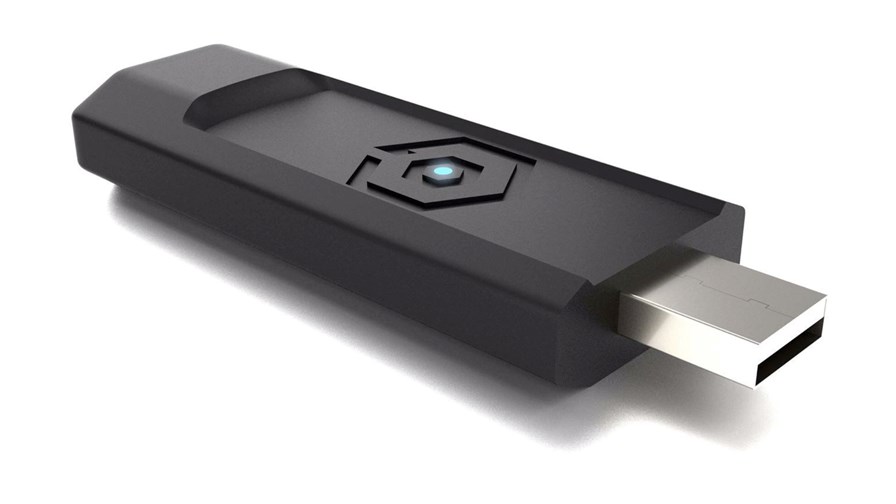
© Klug
- USB dongle creates a smart hub
- Uses WiFi and ZigBee to communicate with various devices
- Crowdfunding device available later this year
Singapore start-up Intraix is looking to enter the smart home market with a dongle-like device that plugs into a standard router, pulling data from different smart devices around the home and adding context to them, making the devices smarter together. The company is supported by the Singapore IDA, and is launching its Klug Home (named after the German word for smart) via crowdfunding.
The company believes that most of the ‘smart’ devices on the market today are really just sensors that are controlled remotely through the cloud via multiple interfaces on a smartphone app, yet simply adding connectivity doesn’t make them intelligent. Intraix believes that a smart home needs to learn, and to create actual intelligence, smart devices require a centralised controller to provide context. Hence the Klug Home idea.
The device plugs into a router (which also provides power) and supports a variety of popular smart devices, hubs and software on the market, including Nest, SmartThings and Amazon Echo. It integrates WiFi, ZigBee, Apple HomeKit and Google Now, and can connect to other third-party smart devices, including Fitbit, Netatmo Weather Station and Philips Hue lights.
“We believe that smart devices can be even smarter when they work together and play off of each others’ synergies,” said Bryan Lee, co-founder of Intraix. “A truly smart home starts with better software, and this is where we make a difference. We’ve designed Klug Home to listen, learn and understand your habits and preferences at home. It gets smarter as it gets to know you better and is able to develop single contexts across multiple devices.”
Intraix believes that its algorithms can use sensor data from different sources be able to make smarter decisions regarding the user’s preferences and also have more control over the actions it could take. It says this would lead to a truly smart device – one which combines various related data points and tries to take appropriate actions with the user's personal preferences in mind. The first units are due to ship in October 2016.
Email Newsletters
Sign up to receive TelecomTV's top news and videos, plus exclusive subscriber-only content direct to your inbox.




